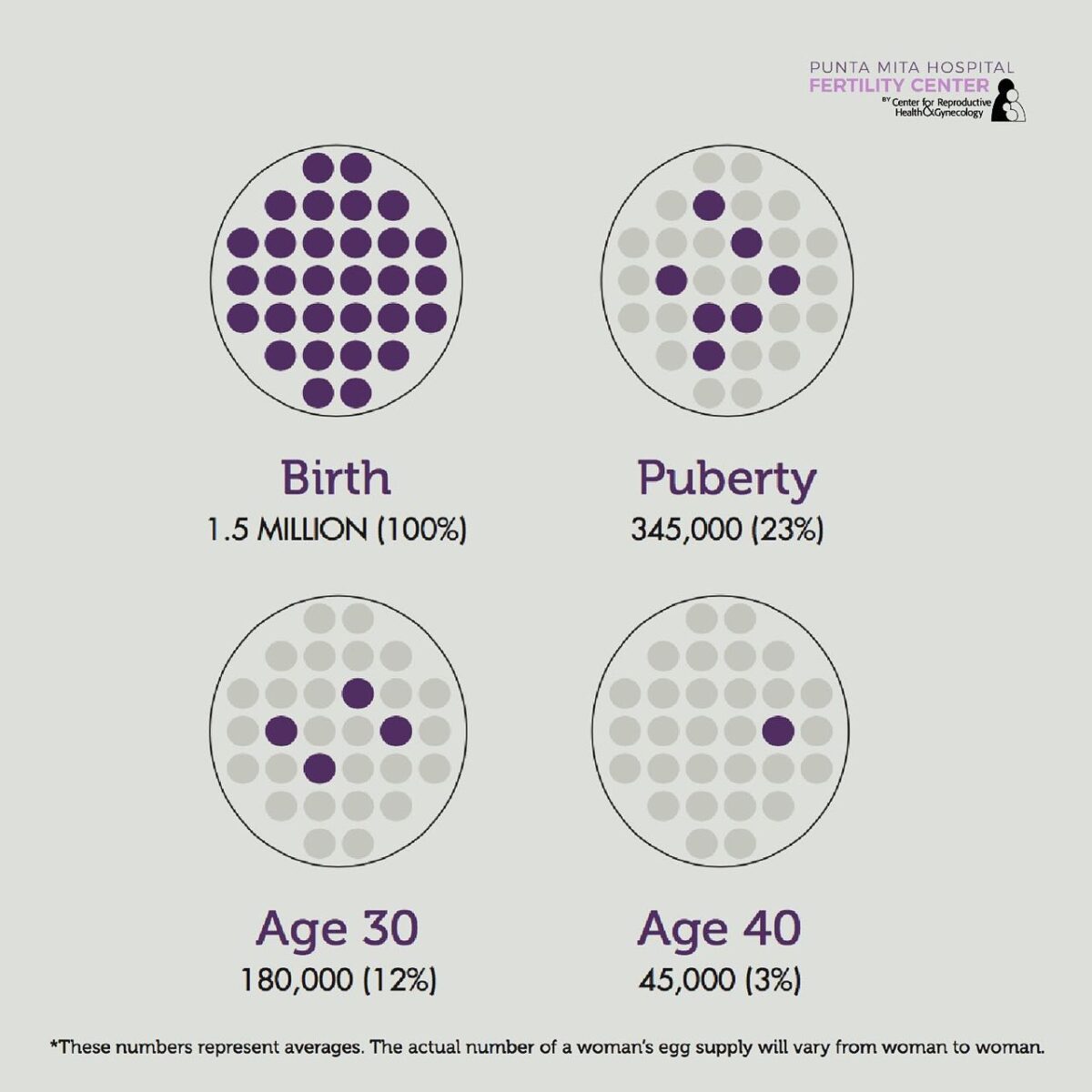Contents
Woman Ageing Syndrome (WAS) and Its Influence on Fertility
The biological clock relentlessly ticks away, and for women, this ticking is often intertwined with their journey toward motherhood. As women age, various physiological changes occur, and these changes can significantly impact their ability to conceive. Therefore, one term that has emerged in the realm of reproductive health is “Woman Ageing Syndrome” or WAS.
In this comprehensive guide, we will explore WAS and its profound effects on fertility.
Understanding Woman Ageing Syndrome (WAS)
Let’s begin by demystifying WAS and what it entails.
WAS encompasses a range of age-related changes that occur in a woman’s reproductive system, affecting her fertility potential. Consequently, these changes are primarily driven by the natural ageing process. And this process can result in:
1. Ovulatory Dysfunction
Firstly, as women age, the regularity of their menstrual cycles may fluctuate. Consequently, irregular ovulation can make it challenging to predict fertile periods, which is crucial when trying to conceive.
2. Hormonal Shifts
Secondly, age-related hormonal changes can disrupt the delicate balance of hormones responsible for regulating the menstrual cycle and supporting fertility.
3. Diminished Ovarian Reserve
Thirdly, a woman’s ovarian reserve, which represents the quantity and quality of her eggs, naturally diminishes with age. Consequently, this reduction in egg quantity and quality can make conception more difficult.
The Impact of WAS on Fertility
Understanding the influence of WAS on fertility is crucial for women who are planning to conceive later in life. Here are some key aspects to consider:
1. Increased Time to Conceive
For instance, women with WAS may find that it takes longer to achieve a successful pregnancy compared to their younger counterparts. Consequently, patience and persistence are essential during this journey.
2. Higher Risk of Infertility
Consequently, the likelihood of experiencing infertility issues, such as difficulty conceiving or recurrent miscarriages, increases with age due to the effects of WAS on reproductive health.
3. Fertility Treatments and Interventions
Therefore, women with WAS who encounter challenges while trying to conceive may explore fertility treatments and interventions. These options can range from ovulation-inducing medications to assisted reproductive technologies like in vitro fertilization (IVF).
4. Lifestyle Modifications
For instance, to mitigate the impact of WAS on fertility, lifestyle modifications can play a crucial role. Consequently, maintaining a healthy weight, adopting a balanced diet, engaging in regular physical activity, and managing stress can all contribute to better reproductive outcomes.
5. Egg Freezing
In contrast, some women choose to proactively address the effects of WAS on their fertility by considering egg freezing. Consequently, this process involves preserving healthy eggs at a younger age for future use.
Navigating the Journey
The journey of navigating WAS and its impact on fertility can be emotionally and physically demanding. Therefore, it’s essential to seek support and guidance from healthcare professionals who specialize in reproductive health. Additionally, connecting with support groups and other women who have faced similar challenges can provide valuable insights and encouragement.
Conclusion
In conclusion, Woman Ageing Syndrome (WAS) is a reality that many women may encounter as they strive to fulfill their dreams of motherhood later in life. While WAS can present unique fertility challenges, it’s important to remember that there are options, strategies, and healthcare interventions available to help women on this journey. Consequently, by staying informed, proactive, and resilient, women can maximize their chances of achieving a healthy and successful pregnancy, regardless of their age.


